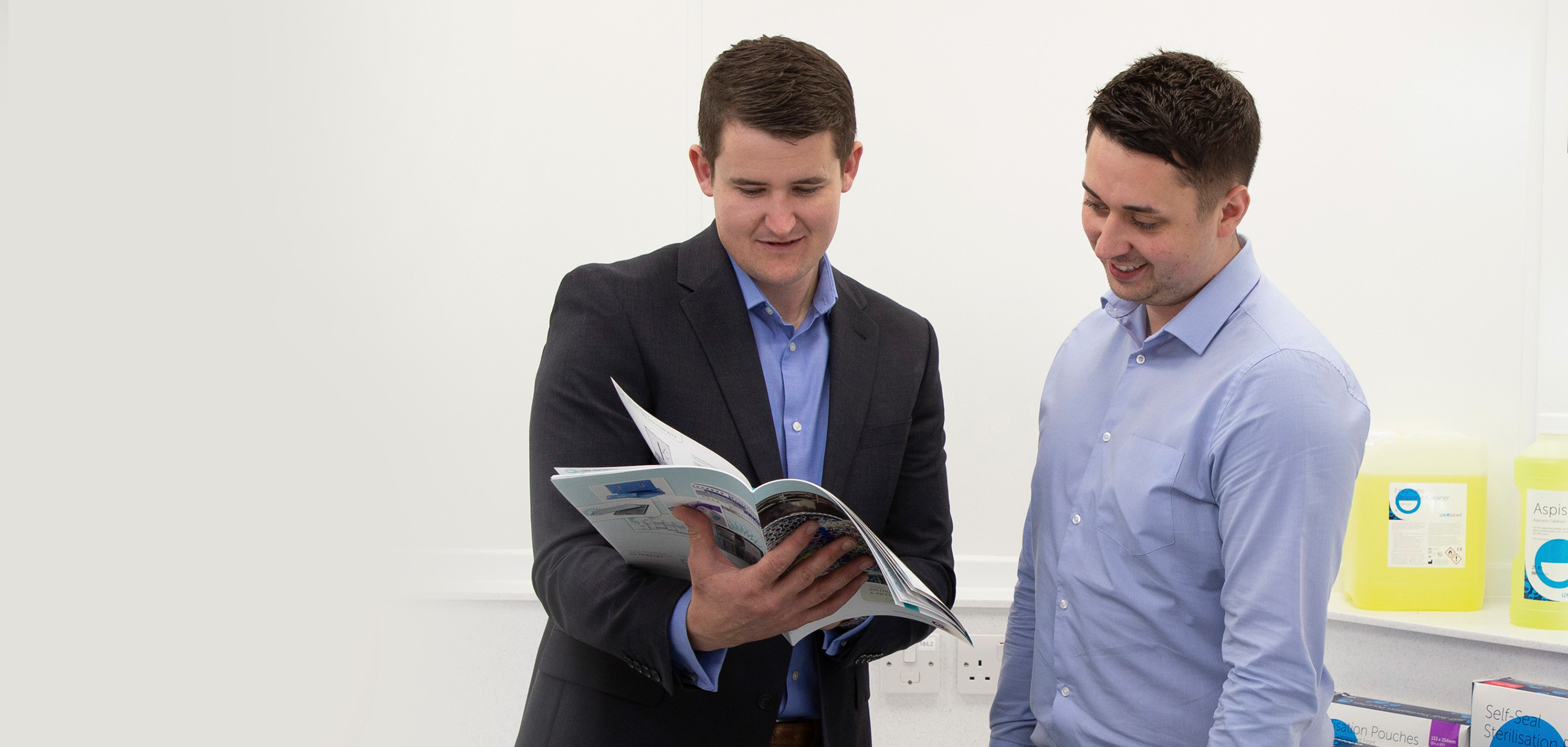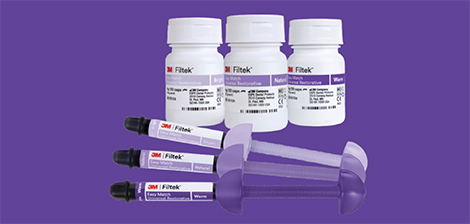Iain Pryde, Head of Engineering of Dolby Medical, talks to Discover about why he believes it’s important to bridge the decontamination North/South divide.
There are many differences in dentistry when it comes to operating in Scotland, Northern Ireland, England and Wales. And it can be confusing for dentists moving around the UK with their work, not least getting to grips with decontamination regulation.
But if you’re a dentist operating in England, why should you care what your counterparts in Scotland or Northern Ireland are doing?
The view that ‘you only need to know what you need to know’ could mean some dentists are missing out on decontamination best practice and indeed, for practice owners, a chance to prepare for the future and regulation changes.
DECONTAMINATION DIFFERENCES
In Northern Ireland and Scotland having a separate decontamination room and a washer disinfector are essential requirements, while in England and Wales having these means practices can reach ‘best practice’ status, but they’re not mandatory.
That said, if your practice is new, the Care Quality Commission (CQC) does now expect new entrants to comply with best practice.
But, we’re also seeing practices South of the border, invest now to achieve the standards set by their Northern counterparts as they pre-empt regulatory changes or simply, want to make improvements to their decontamination processes.
And it’s not surprising to see this investment as the advancements made North of the border in decontamination regulations make for a compelling argument.
Take for example, the essential requirement a washer disinfector.
MANUAL V MACHINE CLEANING
For many years manual cleaning of dental instruments was the norm. However, with any manual process there is always a chance of human error.
Studies have revealed that the process can work when carried out using correct protocols
by well-trained and diligent staff. However, these same studies also reveal that on some occasions staff carrying out this crucial task are insufficiently trained and often unmotivated.
In her article ‘Lessons from the North’, Elaine Fugard, regional Dental Care Professional tutor with the Belfast postgraduate dental deanery said: “One very important lesson to be passed on from the North is the crucial existence of robust educational and training programs for dental teams in the realisation of implementing a change of practice in this area.”
She adds: “It is clear that poor practice in the area of local decontamination has a significant impact on the safety of patients being treated in primary care dentistry and presents a challenge to the dental profession.”
A HELPING HAND
We help dental practices across the whole of the UK tackle their decontamination challenges and to help them improve, innovate and invest in futureproofing their processes.
Sharing best practice and expert advice are key in the service we deliver which is why we’ve developed a free helping hand called the Guide to Decontamination which is also supported by a Check List. For more information or to receive a copy of Dental Directory’s Decontamination Guide ask your Business Consultant.
REGIONAL REGULATIONS
ENGLAND
What’s mandatory?
A type N autoclave
What’s ‘Best Practice’?
Use of a washer disinfector
A type B autoclave*
And a separate decontamination room
NORTHERN IRELAND
What’s mandatory?
Using a washer disinfector
A type N autoclave
A separate decontamination room
What’s ‘Best Practice’?
A type B autoclave*
SCOTLAND
What’s mandatory?
The use of a washer disinfector
To have a separate decontamination room
Having a process in place if the washer disinfector fails
A type N autoclave
What’s ‘Best Practice’?
Two separate decontamination rooms
A type B autoclave*
WALES
What’s mandatory?
A type N autoclave
What’s ‘Best Practice’?
Using a washer disinfector
A type B autoclave*
And having a separate decontamination room
*Although a Type B autoclave isn’t compulsory anywhere in the UK, it’s worth checking your manufacturer instructions to make sure they don’t demand its use to keep the warrantee valid. Many handpieces, for example state that they must be processed in a type B autoclave. Furthermore, for any practices carrying out dental implants the use of a Type B really should be mandatory.



